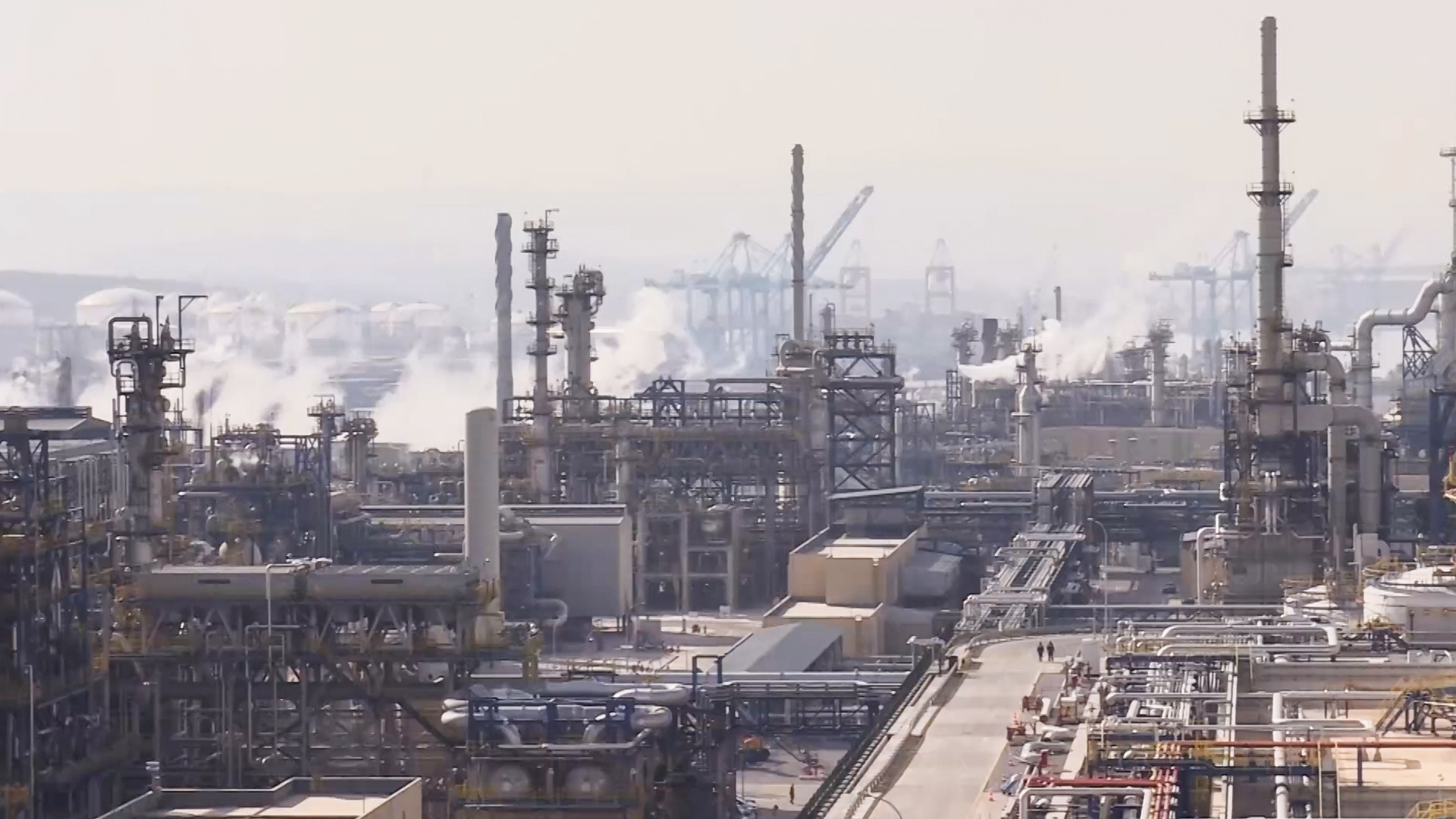In a development that indicates the continuation of the European division, 6 countries in the European Union confirmed their opposition to expanding the proposed ceiling for natural gas prices in the Union market for fear of losing competitiveness with the rest of the world.
For its part, the European Central Bank warned of what it called negative financial repercussions that might result from setting a ceiling for gas prices.
And the six countries - Germany, the Netherlands, Austria, Denmark, Luxembourg and Estonia - demanded that any intervention ensure the continuation of prices in a competitive framework with the rest of the world.
It called on these countries to establish what it called a "market correction mechanism" to include the automatic suspension of this mechanism according to specific circumstances.
With the continuation of discussions at various levels of joint action within the corridors of the European Union in order to reach an agreement on gas prices, two European officials revealed that the proposed price ceiling is 220 euros per megawatt hour.
However, all these proposals may change before and during the upcoming meeting of energy ministers in the Union countries next Tuesday.
The previous meeting of energy ministers in late November failed to agree on setting a maximum price for Russian gas.
Meanwhile, a European Central Bank document revealed that capping gas prices in Europe could threaten financial stability.
According to the published document, the European Central Bank is concerned about potential risks to financial markets from capping natural gas prices at the EU level.
The document revealed that the union has been in intensive discussions for several weeks about how to impose a limit on gas prices.
This comes at a time when Moscow is taking countermeasures to confront the decision to set a ceiling on its oil prices, and hinting at what is more serious in the event of approaching the prices of its natural gas.

